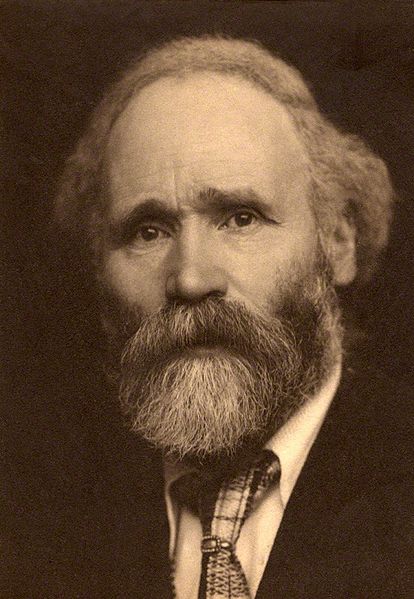Clause IV is part of the Labour Party Rule Book, which sets out the aims and values of the British Labour Party. The original clause, adopted in 1918, called for common ownership of industry, and proved controversial in later years; Hugh Gaitskell attempted to remove the clause following Labour's loss in the 1959 general election.
Sidney Webb, a socialist economist and early member of the Fabian Society who drafted the original Clause IV in 1917
Tony Blair, Labour leader 1994–2007 and Prime Minister 1997–2007
The Labour Party is a political party in the United Kingdom that has been described as an alliance of social democrats, democratic socialists, and trade unionists. The Labour Party sits on the centre-left of the political spectrum. In all general elections since 1922, Labour has been either the governing party or the Official Opposition. There have been six Labour prime ministers and thirteen Labour ministries. Since the 2010 general election, it has been the second-largest UK political party by the number of votes cast, behind the Conservative Party and ahead of the Liberal Democrats. The party holds the annual Labour Party Conference.
Keir Hardie, one of the Labour Party's founders and its first leader
Labour Party plaque from Caroone House, 14 Farringdon Street
Keir Hardie a founder of the Labour Party, speaking to trade unionist workers at Trafalgar Square, 1908
Political poster for the Labour Party during the December 1910 election






